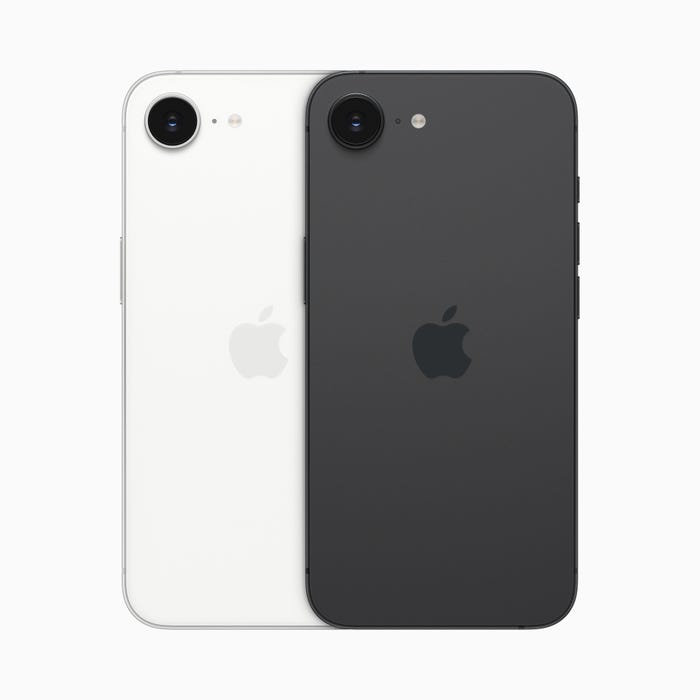Deutsche Telekom boss prepared to defy EU and stick with HuaweiDeutsche Telekom boss prepared to defy EU and stick with Huawei

Asked why he was still living in Europe, Timotheus Höttges (pictured above) had no quick response. The boss of Deutsche Telekom, Germany’s biggest telco, had just spent several minutes on a panel laying into regional policymakers and arguing that T-Mobile US, an American subsidiary, was the best and most innovative thing about his entire business. And his apparent contempt for European Union (EU) regulation clearly extends to the latest rules about Huawei.
Led by Thierry Breton, the EU’s internal market commissioner, officials are aghast that so many countries and operators have ignored previous entreaties to remove Chinese equipment from their networks. Last week, Breton hit the warpath, upbraiding defiant parties and promising the European Commission would no longer buy from telcos supplied by Huawei and ZTE, Chinese companies now deemed “high-risk vendors.” Germany and Deutsche Telekom would have been at the top of his list.
The German incumbent has continued to buy 5G equipment from Huawei for a network that covered about 95% of the German population at the end of last year, according to Deutsche Telekom’s most recent annual report, comprising more than 80,000 antennas at around 24,000 sites. Strand Consult, a Danish company, reckons Huawei accounts for about 59% of the installed 5G equipment, and there has been no repudiation of that estimate.
Höttges evidently believes the EU is wrong. Speaking at a conference organized by the Federation of German Industries, he this week indicated that he would continue defying the EU unless forced to remove Huawei by Germany’s government. “The question is ‘is an antenna a critical element, yes or no?’ and, you know, we can argue that now,” he said. “Under the German law, it is not perceived as a critical element.”
“By the way, every mobile phone is an antenna as well, so you can question that in this regard, and so we are fulfilling legal requirements,” he continued. “If Germany would decide we are banning Chinese equipment, fine, and we’ll immediately do everything to fulfil these requirements.”
Deutsche Telekom does not buy aggregation equipment from Chinese vendors, Höttges pointed out. It has also moved to replace Huawei in the “core,” the control center of its network, switching to Ericsson and trialing other core network products developed by Mavenir, a US software company. In the view of the company and German policymakers, these restrictions are sufficient to protect German telecom infrastructure from any Chinese snooping and sabotage.
Going after the Chinese
Yet Breton disagrees. In recommendations under the banner of “the 5G cybersecurity toolbox,” he now advises that “the use of equipment in the core and access (RAN) parts of the networks should be restricted or prohibited for entities considered to be ‘high-risk suppliers,’ notably because they are subject to highly intrusive third-country laws on national intelligence and data security,” he said during a speech last week.
To read the complete article, visit Light Reading.



